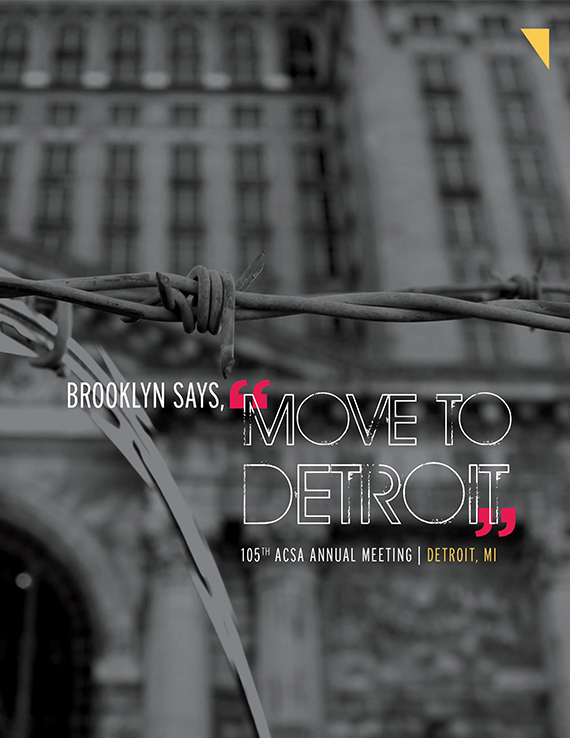Author(s): David Karle
Ranked among the oldest of technologies, the extractiveindustries involve the removal and processing ofraw materials from the earth and their global-scaleoperations have transformed entire regions and markets.The term “urban ruin” will be used to describe arural site of operation that services an urban- or infrastructural-scale agenda, and as Lucy Lippard describes,gravel mines are metaphorically cities turned upsidedown, though urban culture is unaware of its originsand rural birthplaces. Today, rural America is litteredwith evidence showing the country’s former industrialprowess over the last two centuries, and manyof these places (now abandoned) hold latent value fortheir transformation and reuse. The industrial legacyof Nebraska’s sand and gravel operations providesan opportunity to balance resource extraction with amore complex understanding of ecological systems. Inessence, these remediated pits are becoming catalystsfor the fabric of isolated rural communities—a newform of urbanism. In a state without significant bodiesof water, sandpit mines transformed into freshwaterlakes have generated an emergent city growth patternand constructed ecologies that mask the extractionprocess in rural Nebraska.
Volume Editors
Luis Francisco Rico-Gutierrez & Martha Thorne
ISBN
978-1-944214-08-1

 Study Architecture
Study Architecture  ProPEL
ProPEL 
